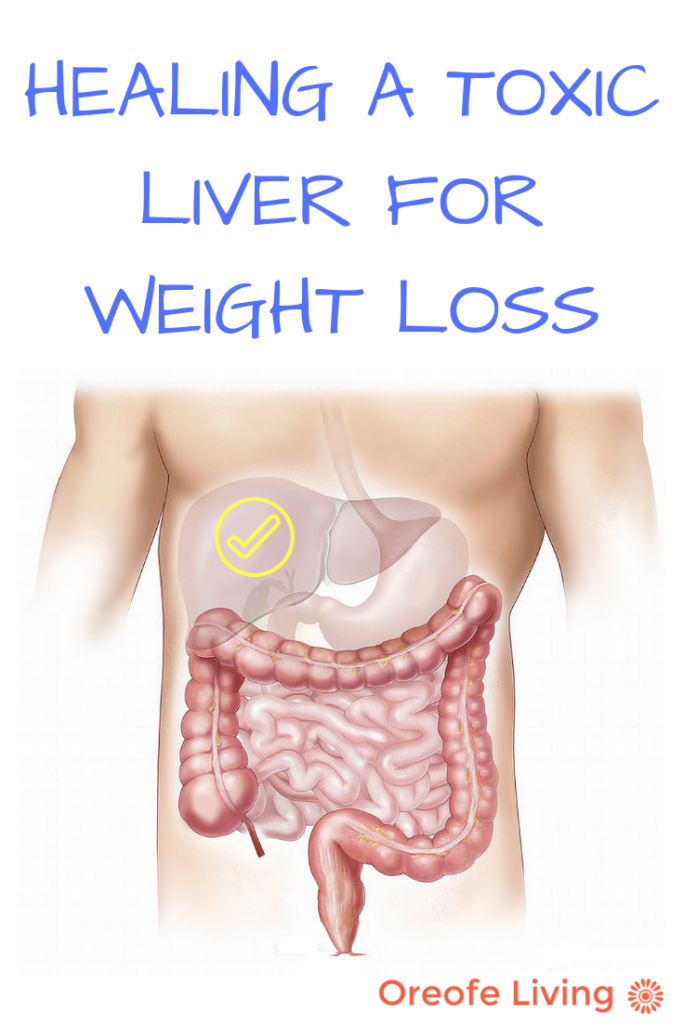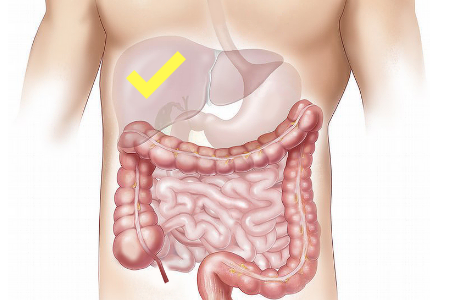Healthy liver function is essential for our well-being. Functions of the liver include metabolism, excretion, and defense. Poor dietary habits can significantly reduce the liver’s ability to effectively remove toxins from the body.
What Can Damage the Liver?
The susceptibility of liver damage can be inherited or influenced by an unhealthy lifestyle. Factors that contribute to an increased risk of liver damage are: viral and bacterial infections, toxins, obesity, drugs, and alcohol.
Hepatitis is is a inflammatory condition of the liver. Some forms are more serious than others. Hepatitis can lead to fibrosis (first stage liver scarring), cirrhosis (late stage liver scarring), or liver cancer. Acute hepatitis may occur without symptoms. However, symptoms such as abdominal pain, nausea, jaundice, and dark urine may also occur.
Nonalcoholic fatty liver disease (NAFLD) describes a condition in which the liver contains an excessive amount of fat. The disease is generally harmless and asymptomatic. It can occur with or without scarring and inflammation. However, the condition may worsen; inflammation, swelling, and permanent damage may result if the condition is not reversed or halted.
The main cause of nonalcoholic fatty liver is excess weight. When we consume foods in excess and become overweight, the liver will store extra fat. Sugar is responsible for extra fat storage in the liver because excess consumption of sugar induces lipogenesis, which is the synthesis of fat cells. Also, as fat accumulates in the body and blood, the imbalance slows down the rate by which fat is oxidized and exported from the liver. NAFLD increases one’s risk of heart disease and stroke as sugar and fat levels increase in the blood.

Connection Between Liver Health and Weight Loss
There is truth in the phrase “you are what you eat.” The relationship between food and the body is very simple. Food should help the body function optimally. Food provides the energy that cells use for maintenance, growth, and repair. The foods we choose to consume influence the efficiency of these cellular processes.
When we consume fats, the liver will oxidize them to produce energy. During the process of fat breakdown by oxidation, ketone bodies are produced and are then exported from the liver into the blood. These ketone bodies are more readily used by other cells in the body for energy.
When we eat excessive amounts of carbohydrates and proteins, the liver will metabolize these macronutrients into fats, which will then be exported and stored in adipose (fat) cells, along with all the other fat that has been stored in the body overtime. This excess fat storage is what causes weight gain.
The quality and quantity of fats, carbohydrates, and proteins consumed makes all the difference in how efficiently the liver operates. The liver cannot keep up with congestion for very long. Fortunately, the liver can get rid of excess fat with the help of bile, fiber, and the small intestines. Bile is a complex liquid that is created by the liver and used to dissolve fats. If the diet is high in fiber, excess fat is released into the small intestines and then leaves the body with bowel movements. Without adequate fiber, the excess fat released into the bowels will find its way back to the liver. If the liver is unable to efficiently process the materials that enter the body, then serious complications such as high cholesterol, obesity, atherosclerosis, and diabetes may occur.
Solutions for Improved Liver Function
A toxic liver makes digestion and fat breakdown very difficult. Here are a few tips to improve the function of your liver:
- eliminate processed food from your diet
- drink plenty of high quality water
- reduce your levels of stress
- maintain a normal weight
- exercise regularly
- get at least 6 hours of uninterrupted sleep
- reduce alcohol consumption
- stay away from drugs
If you are exercising, eating well, and getting enough rest but have not been successful with weight loss, a good liver detox can help reset the organ system and boost your metabolism.
If you have experienced toxic liver symptoms such as diarrhea, bloating, constipation, and fatigue, then it may be time for a liver cleanse to eliminate the excess waste and toxins from the body. Using foods to cleanse the body is the simplest and most natural way to get rid of the gunk that has taken up residence in your body. After you’ve cleansed the liver, you can expect to experience:
- more energy
- less bloating
- less acne or other skin conditions
- a reduction in allergies and other sensitivities
- less anxiety and depression
- weight loss

